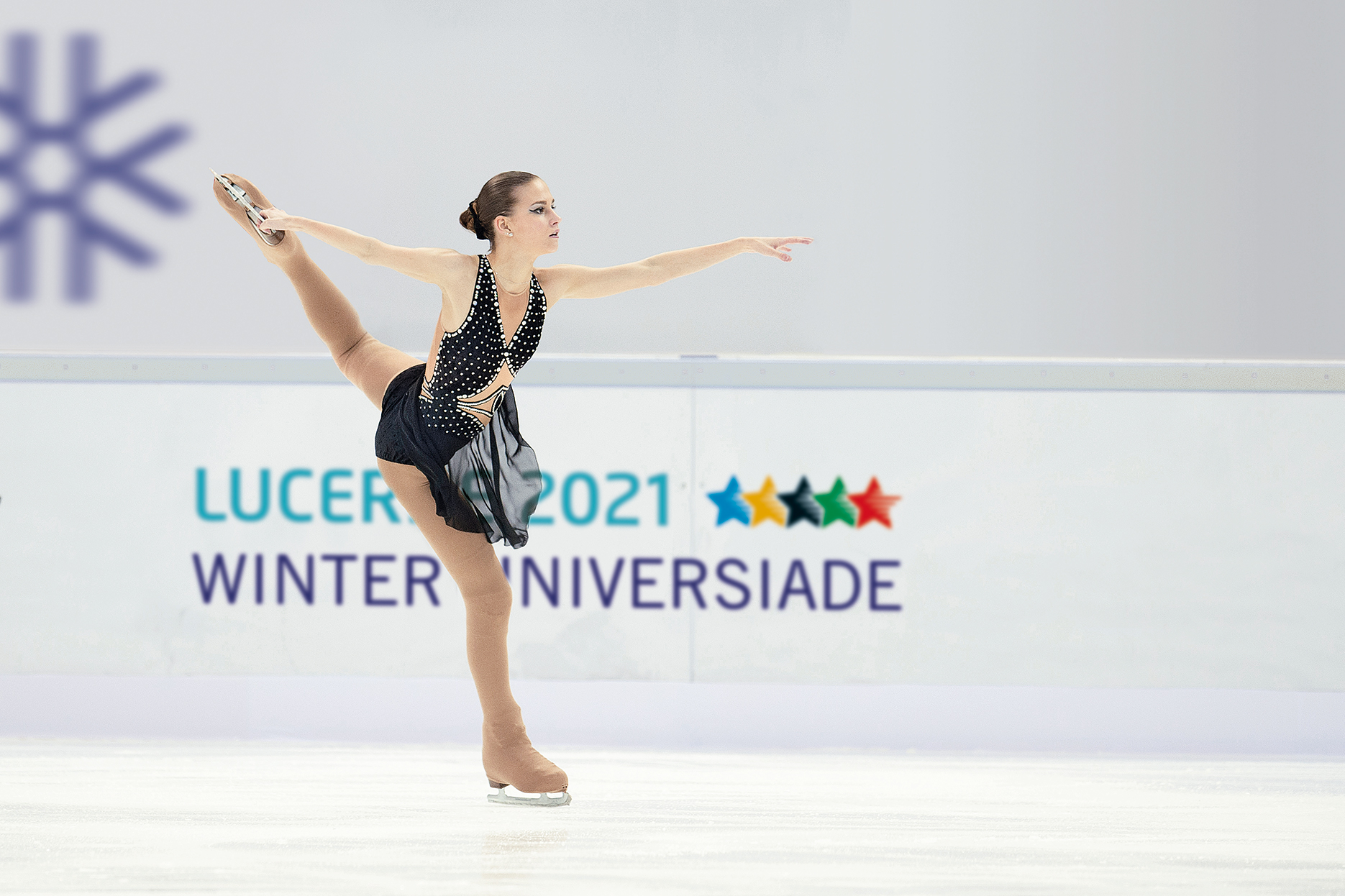Following the announcement by the organising committee of the Tokyo Olympic games asking people not to cheer during the torch bearing ceremony which is scheduled for the end of March, many people turned to look at upcoming sports events. With the roll-out of vaccines worldwide becoming more and more of a reality, many look to the future and the sports events that are planned for the coming years.
One of these events is the FISU World University games or the Universiade, a term formed by the combination of the words ‘university’ and ‘olympiad’. The second largest multi-sport event after the Olympics, it is made up of both summer and winter games where university students from over 170 countries compete bi-annually at a number of sporting events including football and archery. What distinguishes this event from many of the other prominent international multi-sporting events is that host countries can choose to add up to three optional sports to the programme. According to its website, this allows the event to remain at the “forefront of sport innovation and embrace the host country’s sporting legacy”. Examples of some of the sports that have been added are rugby 7’s, beach volleyball and rowing.
The previous summer Universiade was held in Naples in Italy and was the 30th edition of the event after it began in Turin in Italy, 60 years ago. Ireland sent a total of 53 athletes to this event representing them in a total of four different sports: athletic, archery, football (both mens and womens) and Taekwondo.
“The women’s football team came in 4th place after beating Brazil and South Korea to land themselves top of the group and in the bronze medal play offs.”
There were plenty of memorable moments throughout the competition as Ireland succeeded in bagging one medal and also achieving a few personal bests. The medal came from Marcus Lawlor, a student from IT Carlow who won bronze in the 200m men’s sprints with a time of 20.55 seconds. Two further triumphs came on the track as Sarah Lavin from UCD came 4th in her finals and Phil Healy from Waterford IT came 6th in his finals. The women’s football team came in 4th place after beating Brazil and South Korea to land themselves top of the group and in the bronze medal play offs. It was only after they lost their two-nil lead against Russia in the bronze medal match that they lost through penalties. The men’s football team placed eighth in the competition after losing out to France on penalties.
Moving to the winter Universidae, the 2019 event was held in Krasnoyarsk in Russia: a city in Siberia where average temperatures fall as low as -20 degrees. The city itself is one of the top winter sports areas in the world with 19 athletes from this area winning gold medals in the Olympics, with three others becoming paralympic champions. One of the optional sports that was chosen as part of the event was Bandy, a similar game to Ice hockey that is mostly played in Scandinavian and Baltic countries.
Ireland sent three athletes to the WInter Universiade including Cormac Comerford of TU Dublin and Garreth Reilly of UCD.
The next iteration of the Summer World University Games is scheduled for August 18-29 in the present year, in the capital of the Sichuan province in China, Chengdu which was chosen because of its intention to become a world famous tournament city. So far it has constructed nearly 49 new venues and 36 renovated sites for the occasion with an expected 10,000 college students attending from 170 different nations and countries. The city has been rated number 1 by the global sports rating index by sporical for hosting international events. This is a new initiative, set up by academics from around the world that is aimed at creating an internationally accepted methodology for measuring the impact of sports events so as to allow for comparison.
The Winter Universiade is to be held in Lucerne in Switzerland this year after being postponed until December due to the global pandemic. This year an expected 2,500 participants from over 50 countries are expected.
While Ireland has a good record at these events, highlighted by our performance at the last games, as the pandemic draws to a close it will be interesting to see how this extended time at home and the strange times we have been living through will have affected our athletes.






